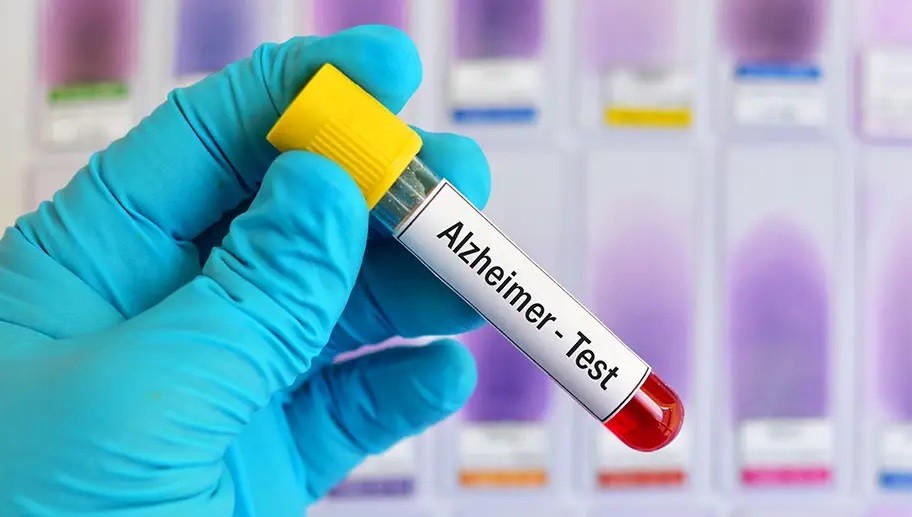18/06/2024
18/06/2024

NEW YORK, June 18: With Alzheimer’s disease affecting nearly seven million Americans and projected to affect 13 million by 2050, the need for early diagnosis and treatment is paramount. In response, Mayo Clinic has unveiled a pioneering non-invasive blood test designed to detect a key brain protein associated with Alzheimer’s.
The new test aims to offer a convenient and less invasive alternative to traditional diagnostic methods, marking a significant advancement in Alzheimer’s detection. Dr. Alicia Algeciras-Schimnich, professor of laboratory medicine and pathology at Mayo Clinic Rochester, led the clinical validation study to assess the test's performance.
"This is the first Alzheimer’s disease blood test offered at Mayo Clinic Laboratories," stated Dr. Algeciras-Schimnich, emphasizing the test’s high accuracy rate compared to other commercial blood tests for Alzheimer’s disease.
The test targets the accumulation of beta-amyloid in the brain, a hallmark feature of Alzheimer’s, by measuring the amount of phosphorylated Tau 217 (p-Tau217) in the blood sample. Unlike imaging techniques such as PET scans or cerebrospinal fluid (CSF) biomarkers, which have limitations, the blood test offers a non-invasive solution that improves access for patients seeking answers.
In patients with cognitive decline symptoms, the blood test demonstrated a sensitivity of 92% and a specificity of 96%, indicating its effectiveness in correctly identifying patients with the disease and those without. However, in some cases, additional tests may be required to confirm the presence of beta amyloid accumulation.
The test, validated through Mayo Clinic's rigorous quality process, is now available for clinicians to order. While it requires a blood draw, making it unsuitable for those averse to blood, it represents a significant step forward in Alzheimer’s detection and care.
Dr. Michelle Rankine, a certified dementia practitioner in Texas, praised the test’s potential to revolutionize Alzheimer’s research and screening, emphasizing its role in facilitating early intervention and improving patient outcomes.3.5


